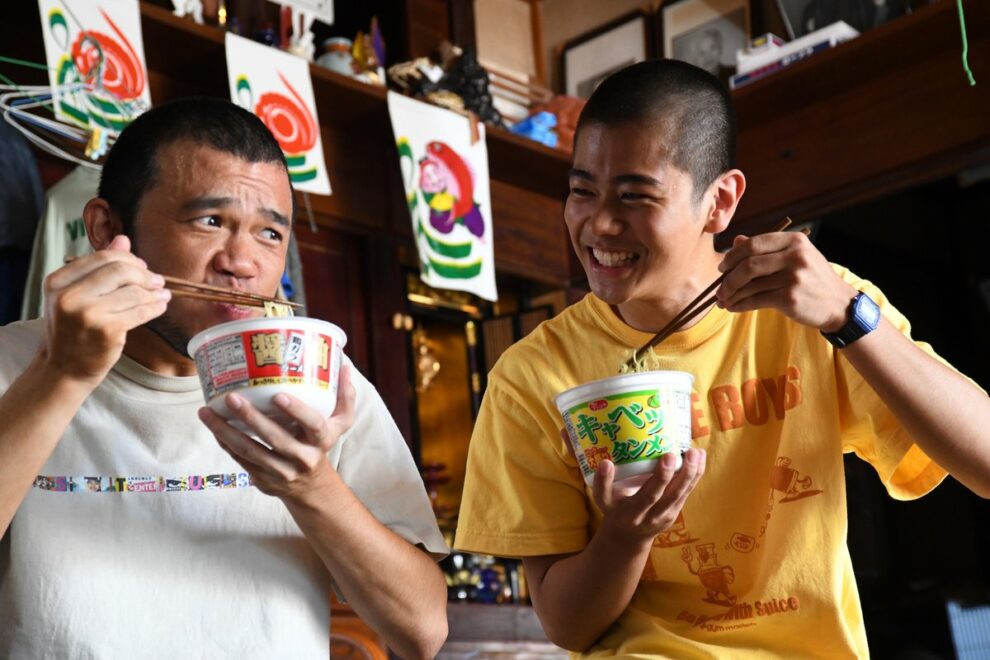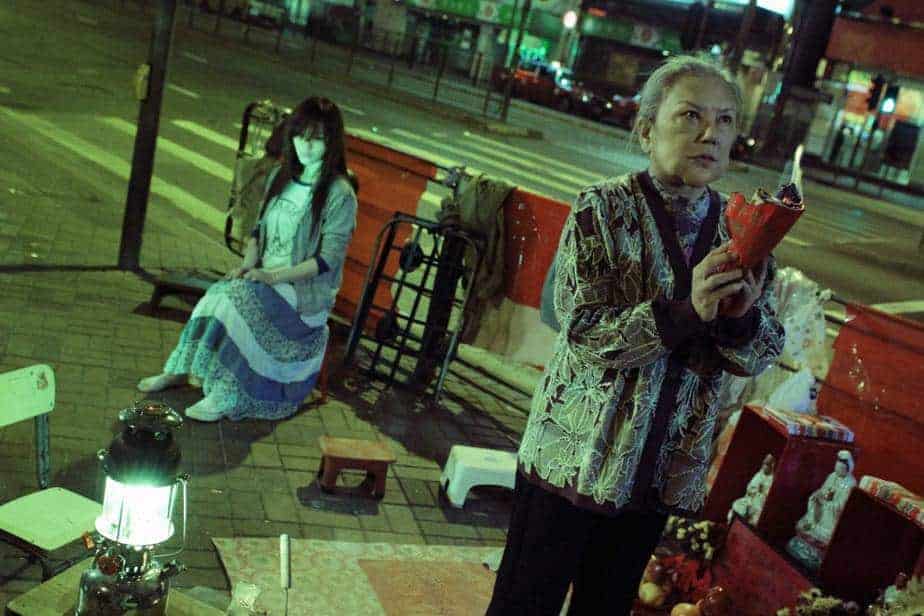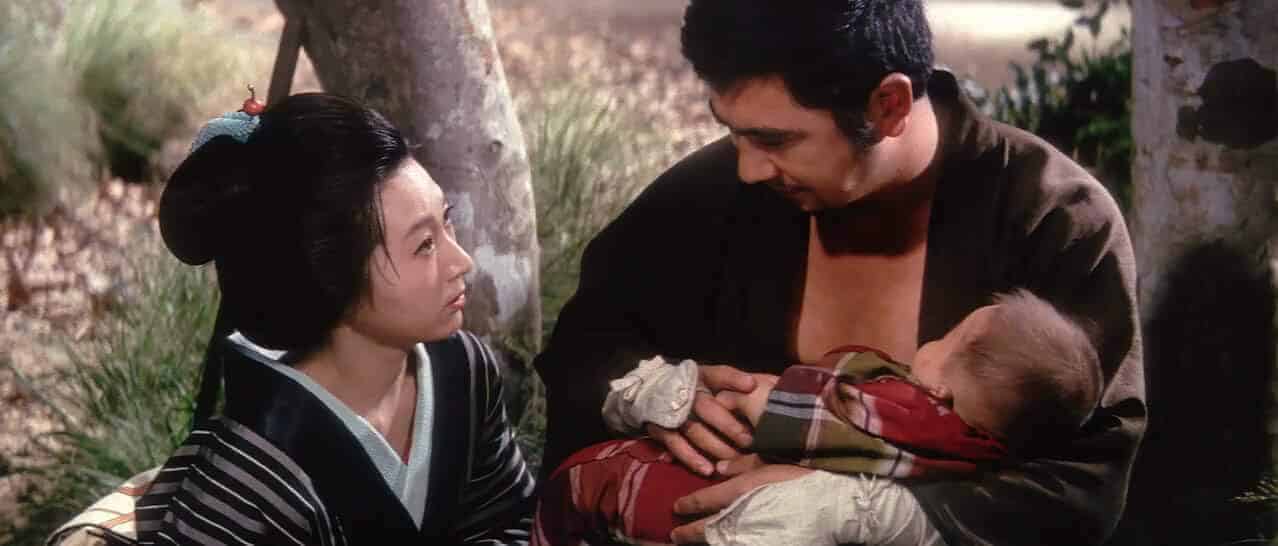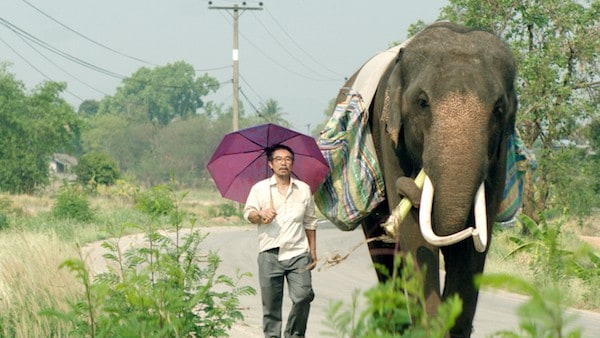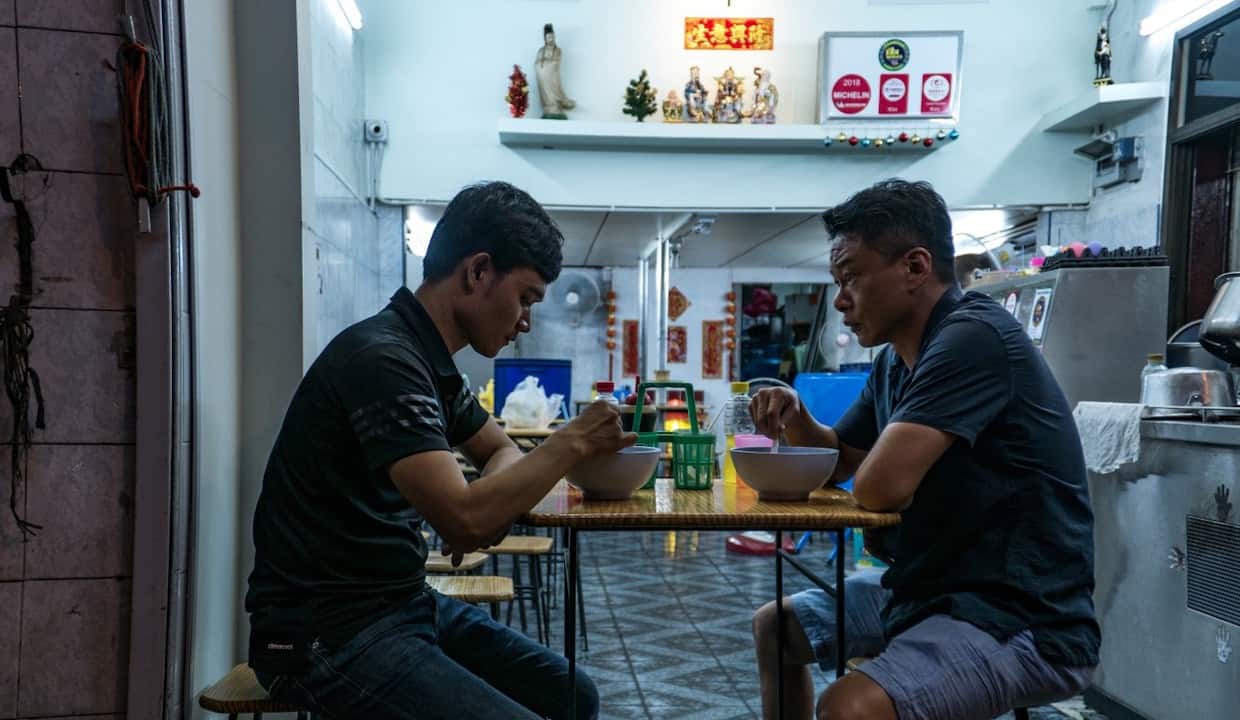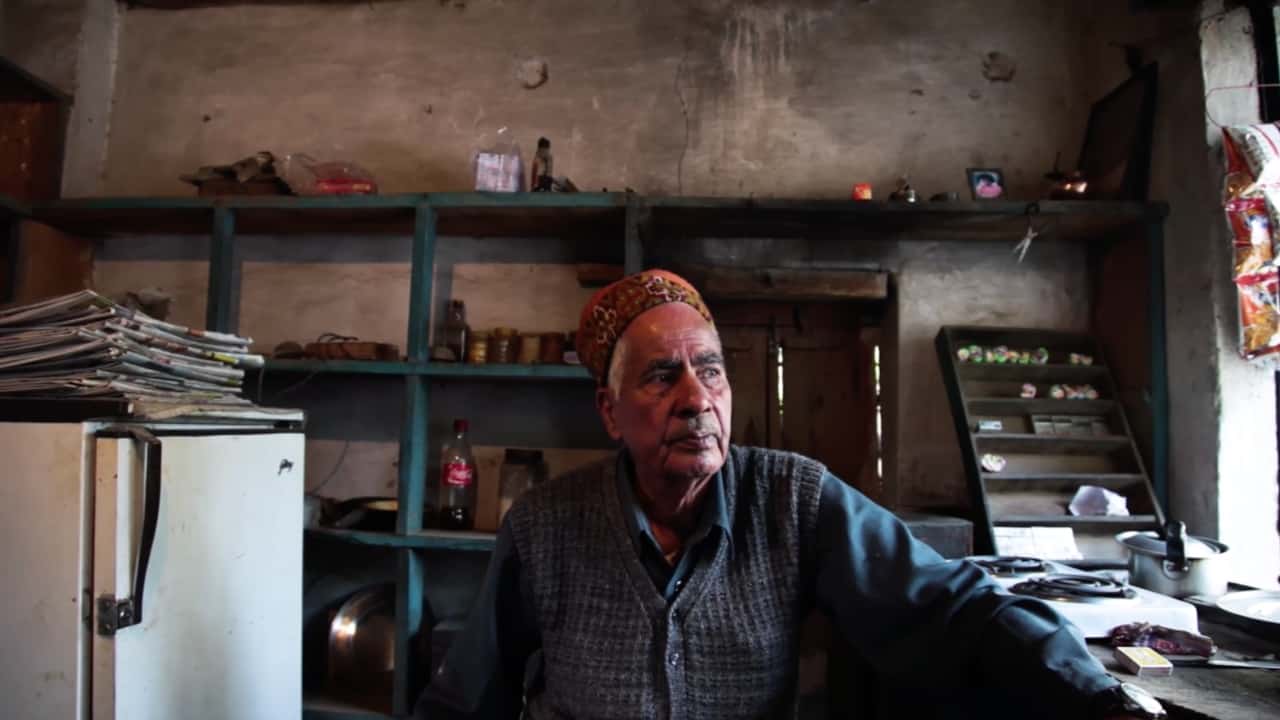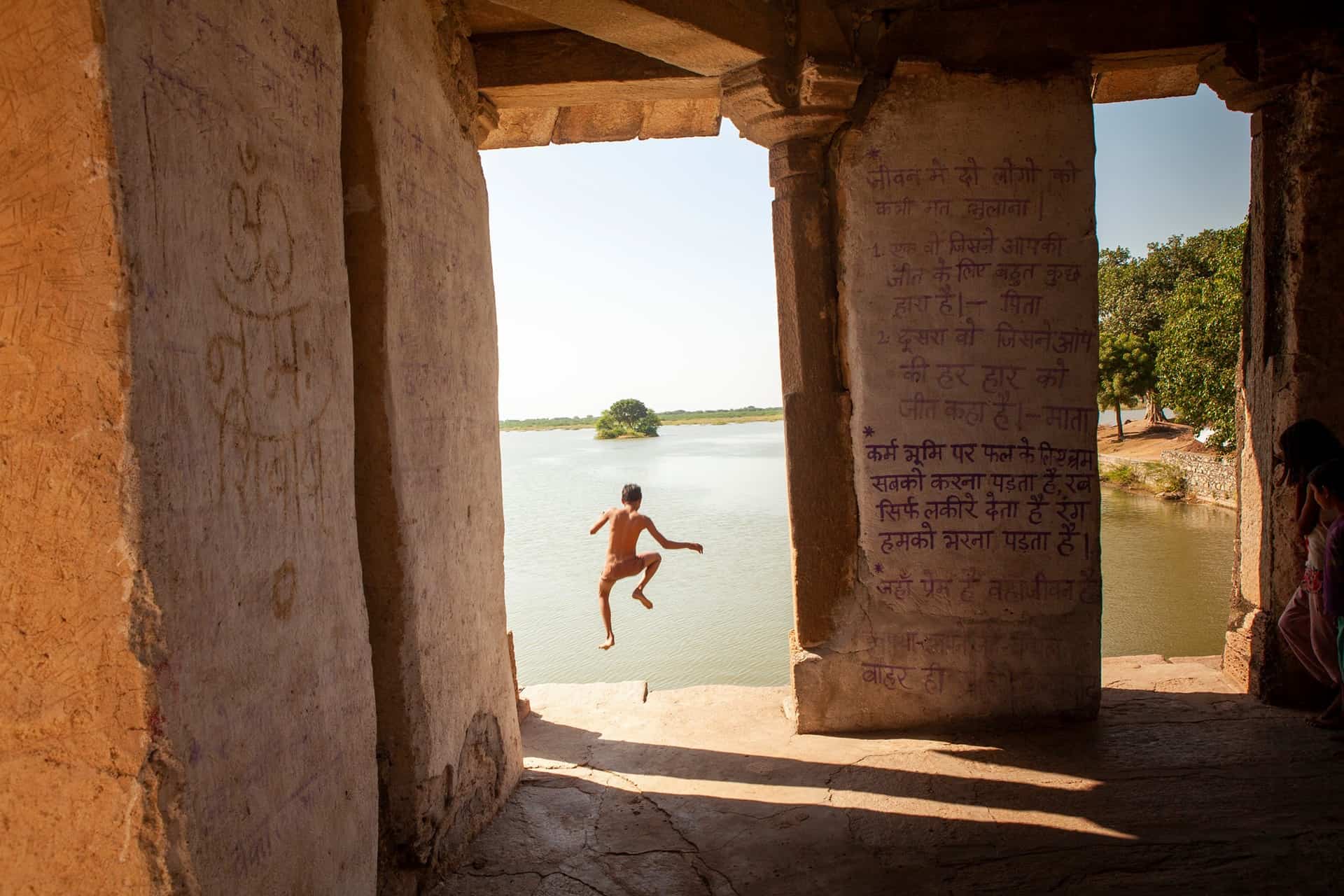Teruaki Shoji's debut feature is a likeable enough idea of slow-paced, small-town life on a remote island to the north of Japan. But much like its lead characters, in many ways it suffers from its own naivety and could have done with some pointers from a guiding hand.
Hoyaman is screening at Japan Society as part of the Family Portrait program

Akira (AFRO of MOROHA, previously seen in Daigo Matsui's “Ice Cream and the Sound of Raindrops” (2017)) and his younger brother Shigeru (Kurosaki Kodai) live on a remote island off the coast of Ishinomaki, heavily hit by the 2011 Tohoku earthquake and tsunami. Orphaned in the disaster, they have lived a simple life in the family home; Akira working as a fisherman, and Shigeru – with learning difficulties – happily bumbling along. Into their life steps Miharu (Kumi Kureshiro), a shamed mangaka who inexplicably arrives on the island with literal bags of money and a deadline to meet. Exploiting the brothers' naivety and lack of funds, she demands to buy their house, moving herself in, eating their food. But her presence isn't always welcome, and the outside influence prompts some of the locals into thinking it's time they finally fled the island.
Remote Japanese islands have the feel of a youth playground, with a laid-back attitude, small community feel, rustic, battered charm under blue skies and surrounded by blue seas. But they offer no opportunities in terms of career options. Like much of rural Japan, the population is ageing, and so Akira is stuck, having to look after his brother, with his job options limited to fisherman, catching local hoya (sea pineapples), a family tradition. In order to make money to keep their home, Akira tries to start a YouTube career, using his father's old ‘Hoyaman' character as the inspiration for a series of short films. The silliness of the whole thing is charming, as the brothers, ignorant of the world around them, believe they can become stars.
What is less charming is the character of Miharu. Arriving with an arrogance, she is impolite and demanding. She offers little in the way of redeeming qualities and simply sits drinking to hide from her problems. She is very much a small-town idea of someone from the big city: she is a little too aggressive and insulting without purpose; less a struggling artist than a simple bully.
And characterisation is a weak element throughout. The boys' uncle Tatsuo (Kanji Tsuda) is a standard angry fisherman, weary of outsiders; and ageing Haruko (Yoneko Matsukane) is the village wise woman, popping up with sage advice here and there. Shigeru is also a little one-dimensional, with Akira the only character with a bit of depth.
A relative novice cast can't do a huge amount with the roles, and veteran Tsuda typically shouts his lines. Matsukune is the standout, delivering with a knowing smile. But there is just a bit too much cliché on offer here. It is a film you watch and feel you could offer advice on how to improve throughout. It has the feel of a first draft: plenty of potential, but needs refinement; toning down here, giving a bit more there.
This has some fun, some laughs, some heart. But also has many annoyances and groans. Perhaps “Hoyaman” should have got off the island and seen a bit more of the world before settling.


